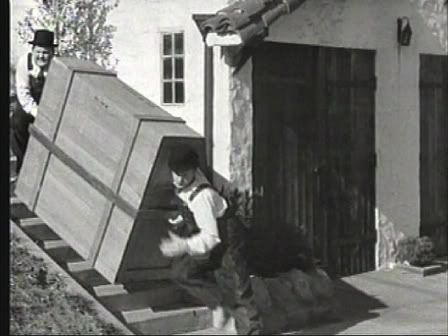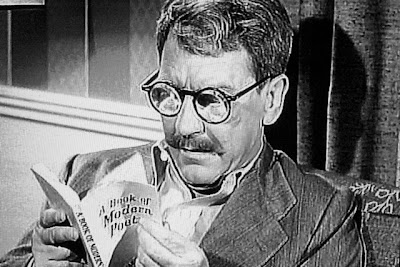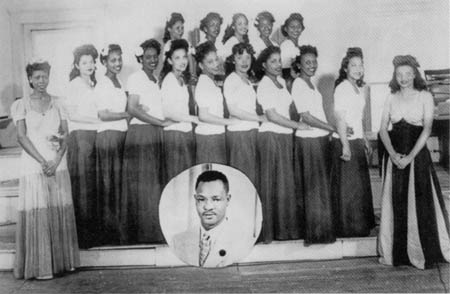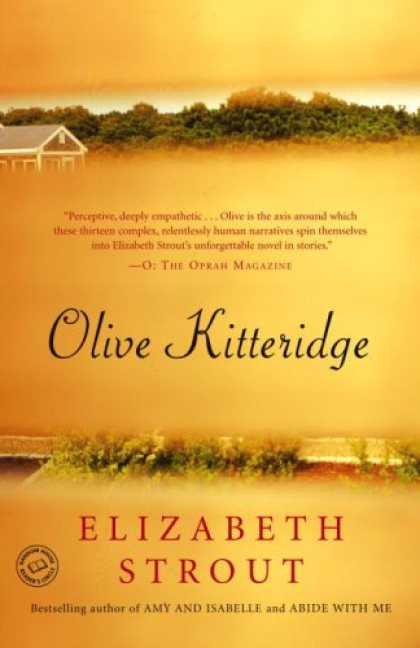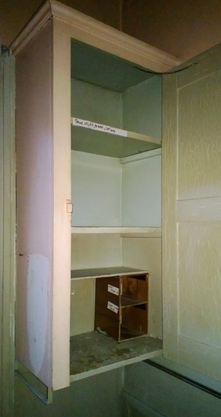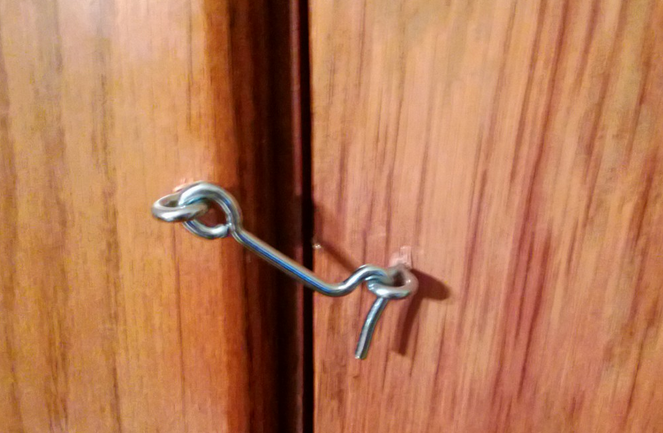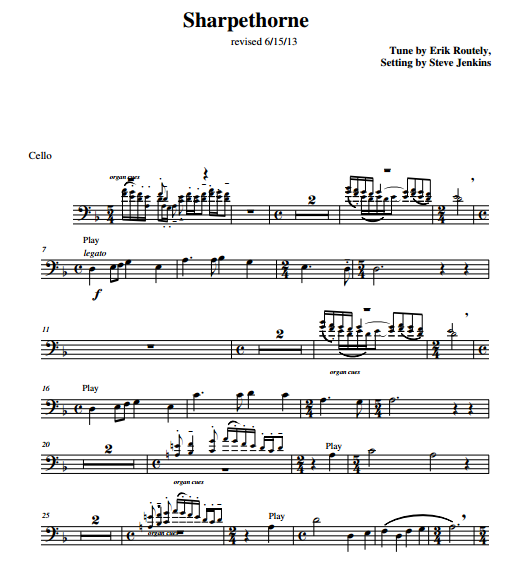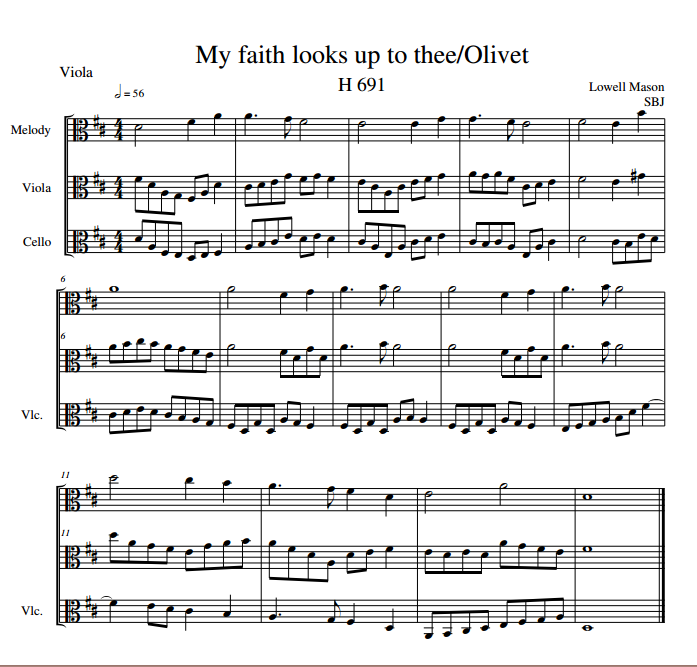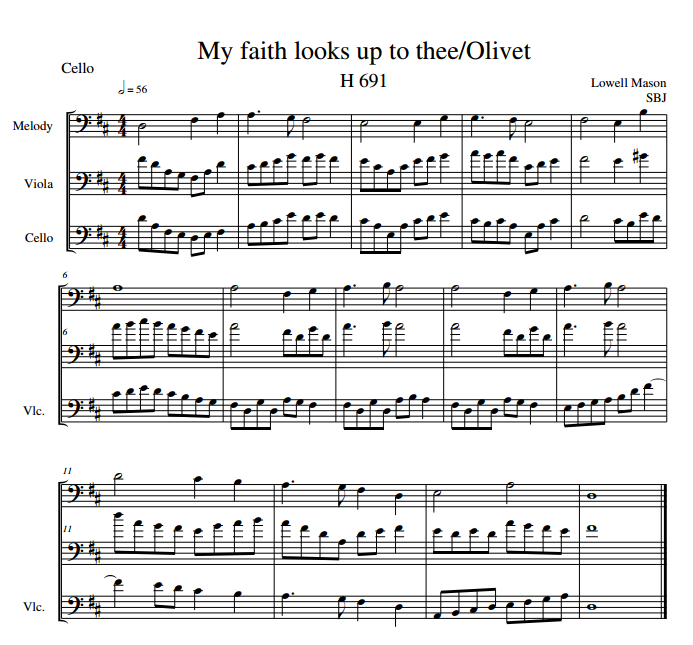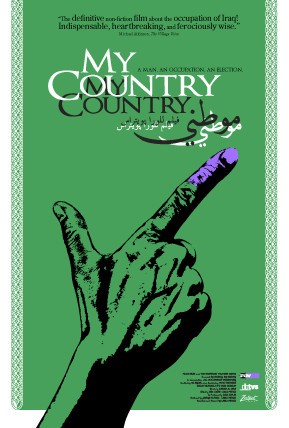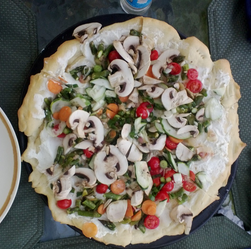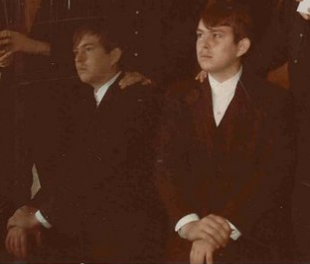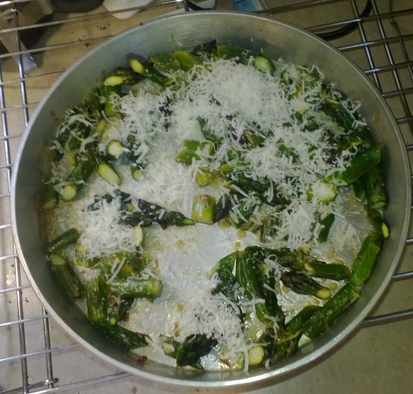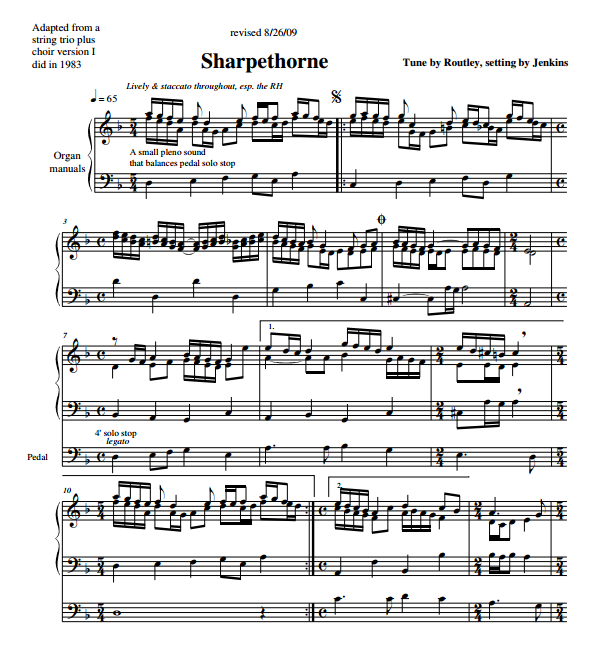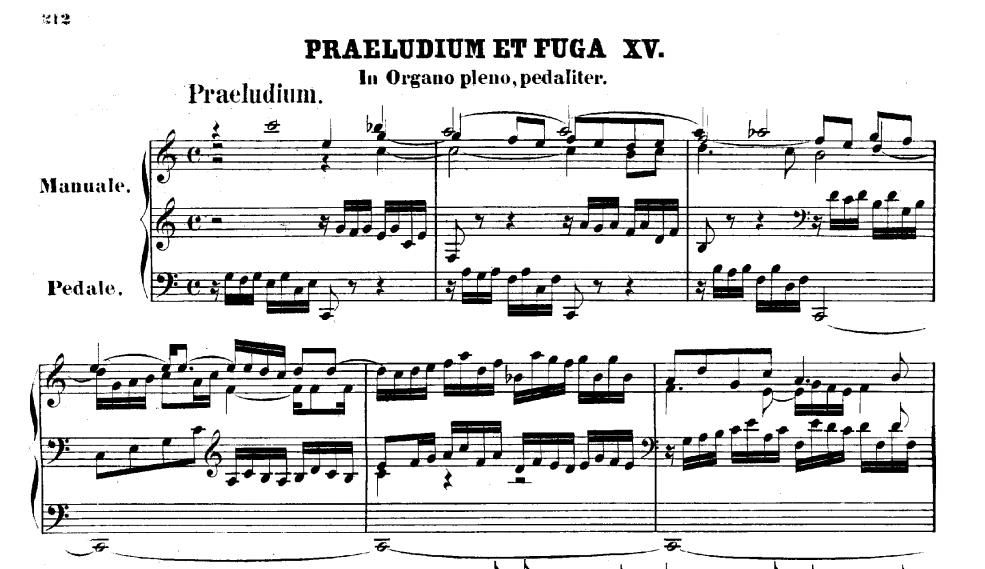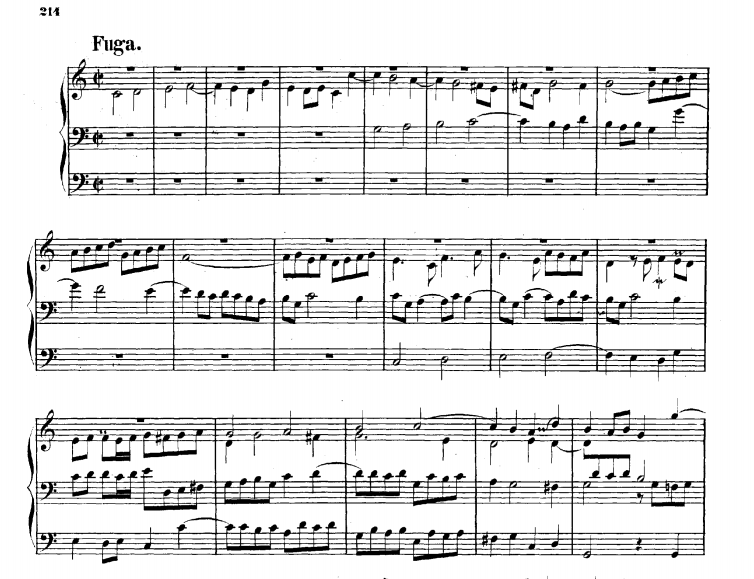
Beware dear reader,today I continue to talk about that odd little practice of mine: reading books.

This morning I finished off two books of poetry I have been dipping into.

The first was Love: An Index by Rebecca Lindenberg.
I always find it weird to read attempts at reviewing books of poetry. Usually they are highly unsatisfactory to me even though I like reading book reviews.
So attempting to write one, even a brief online blog of one, is daunting.
Lindenberg however can be pointed to as a poet. She likes indices that’s for sure. The title poem is 30 out of 88 pages of poetry in this book and is an alphabetical index of words. The list of words and their definitions manages to make a long poem that intrigues and hangs together cleverly.
Lindenberg has definite wit. I especially like two poems that draw on the silliness of Facebookistan. They are called Status Update and Status Update (2). I’m not sure how much sense they make to people unfamiliar with the little facebooklet dance that goes on, but here’s a little excerpt and a link to the full poems.
STATUS UPDATE
“Rebecca Lindenberg is drinking whiskey. Feels guilty. Is caught in one of those feedback loops. Is a blankity-blank. Is a trollop, a floozy, a brazen hussy. Would like to add you as a friend. Would like to add you as an informant. Would like to add you as her dark marauder, as her Lord and Savior. has trouble with boundaries. Rebecca Lindenberg is keeping lonesomeness at bay with frequent status updates designed to elicit a thumbs-up icon from you. Rebecca Lindenberg likes this, dismisses this with a backhanded wave. Rebecca Lindenberg wraps her legs around this. Has a ball of string you can follow out of her labyrinth. Has this labyrinth. Rebecca Lindenberg has high hopes. Has high blood sugars. Rebecca Lindenberg doesn’t want to upset you. Wants to say what you want to hear. Rebecca Lindenberg thinks of poetry as the practice of overhearing yourself…” (link to full texts of this and two other poems by Lindenberg – N.B. I recommend scrolling down past the reviewers over cute rendition of his own status update about Lindenberg and her poetry. )
This is about a third of the first one. You get the idea.
The other book I finished this morning was Useless Landscape: A guide for boys by D. A. Powell.

This is Powell’s fifth book of poetry and it makes me want to read some of his other books. His vocab keeps sending me to the OED. Often he finds beautiful words that name plants and manage to make them sing through his images.
I have read poems by gay people all my life. Powell’s take on his loves and sex life charms me and strikes me with its clarity and beauty. I have witnessed a seeping away of large anger in writers who speak from this point of view. This is not to say that they do not remain and express anger like all good writers. Rather that I remember more anger and less control and beauty in the gay art of the sixties and seventies.
Anyway Powell has some excellent things to say in his poems and makes the poems click and work for me.
This couplet grabbed me when I read it in the poem, “Missionary Man.”
Had I ever thought about being saved?
No. I had only ever thought about being spent.
I had already marked it as something to remember before finishing the poem and realizing it was one of those crux images poet sometimes use. The ending three lines:
“There is no God but that which visits us
in skin and thew and pleasing face.
He offers up this body. By this body we are saved.”
Here’s a link to the whole poem but again a caveat: The delineation and punctuation of this version is all wrong. Better to just get a hold of the whole book and read it.
Another poem of Powell’s that struck me with its beauty was “Mass for Pentecost: Canticle for Birds and Waters.” Link.
1. Surveillance, in a Search for Safety – NYTimes.com
Letters many critical and thoughtful in response to a preposterously supportive article by Bill Keller.
2. http://www.humanitiescommission.org/_pdf/hss_report.pdf

I recommend reading this report. It articulately and strenuously outlines real reasons for education and the arts beyond economic ones.
3. The Humanist Vocation – NYTimes.com
Got the report linked above in this article by David Brooks.
4. Online Classes Fuel a Campus Debate – NYTimes.com
Universities wade into this discussion displaying naivete and misconceptions (it’s not about so called “intellectual property” but about learning.)
5. Justices Back Use of Arbitration Over Class Actions – NYTimes.com
Our current three branches of government have little sense of public responsibility, only a responsibility to “them what brung em” i.e. the industrial/corporation complex.
6.Andy Warhol and the Persistence of Modernism – NYTimes.com
Modernism is the preferred mode of thought by people who run museums since post-modernism minimizes the notion of clear provenance and individual creators of a specific object.
7.New Pay Model for Times Apps – NYTimes.com
This makes me crazy. My online paid subscription will no doubt not be sufficient to allow me to read the NYT on my phone. The result will be that I will read other news sources on my phone even though I am a paying subscriber. Nice job, guys.
8. A Nation Divided Against Itself – NYTimes.com
Some poll results and inevitable conclusions.
9. -[ in·ter·lu·na·tion ]-
The photographer posting photographs on this tumblr site is someone I have known since she was a child. Nice pics from an interesting person.
10. ‘Mystifying’: Blind Chinese Activist Chen Guangcheng’s Former Adviser Speaks Out on Pressure Claims – China Real Time Report – WSJ
Best explanation I have read of this confusing scandal. Thank you to daughter Elizabeth for putting it up on Facebook.

